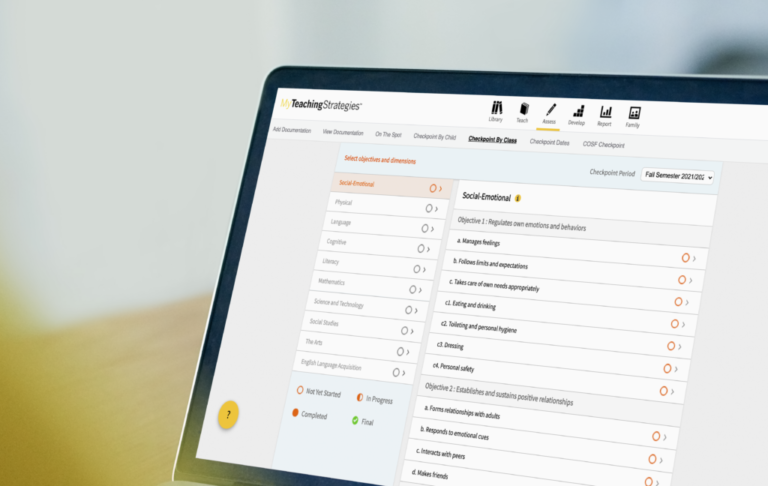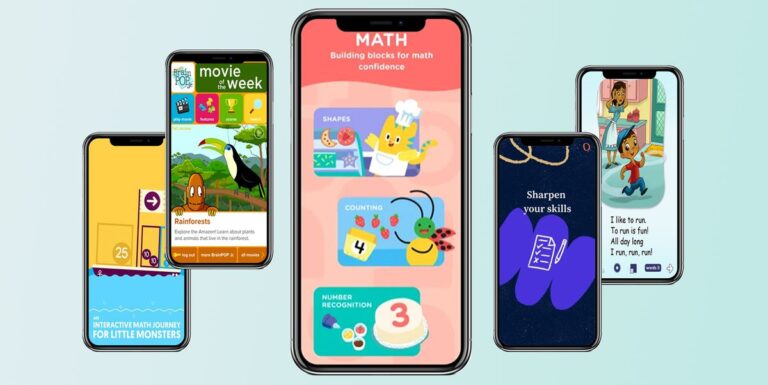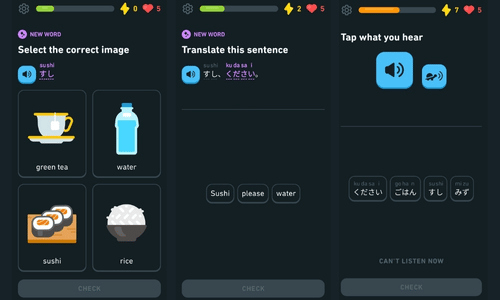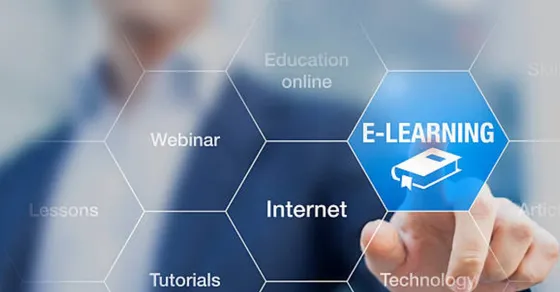Embarking on a student teaching experience can be both exhilarating and nerve-wracking. As you take your first steps into the classroom, it’s crucial to have a solid foundation and strategies in place to make the most of this valuable opportunity. Whether you are pursuing a career in education or gaining practical teaching experience, these five tips will help ensure a successful student teaching journey. From building strong relationships with students to collaborating effectively with mentors, this article will provide practical insights and guidance to enhance your experience and leave a lasting impact.
Table of Contents
Understand the Role of a Student Teacher

To excel in your student teaching experience, it’s vital to have a clear understanding of your role. As a student teacher, you have the opportunity to observe, assist, and gradually take on more responsibility in the classroom. Familiarize yourself with the expectations and guidelines set by your academic institution and mentor teacher. Be proactive in seeking clarification if any aspect is unclear. By grasping the scope of your responsibilities, you can make a smooth transition into your role and contribute effectively to the learning environment.
Establish Positive Relationships with Students

One of the foundations of a successful student teaching experience is building positive relationships with your students. Take the time to get to know each student individually, their interests, strengths, and challenges. Show genuine care and empathy, and be approachable. Create a welcoming and inclusive classroom environment where students feel comfortable expressing their thoughts and concerns. Foster open communication and provide constructive feedback to help students grow. By developing strong connections with your students, you can create a supportive and engaging learning environment.
Collaborate Effectively with Your Mentor Teacher
Your mentor teacher plays a crucial role in shaping your student teaching experience. Foster a strong collaborative relationship with them by actively seeking their guidance and feedback. Observe their teaching techniques, instructional strategies, and classroom management skills. Take advantage of their expertise by asking questions and seeking clarification when needed. Actively participate in planning lessons and activities, incorporating your own ideas while aligning with the mentor teacher’s guidance. By working closely with your mentor, you can gain valuable insights and refine your teaching practices.
Reflect and Seek Feedback Regularly
Reflection is an essential aspect of professional growth during your student teaching experience. Take time to reflect on your lessons, interactions with students, and overall classroom dynamics. Consider what worked well and areas where you can improve. Actively seek feedback from your mentor teacher, peers, and even students. Embrace constructive criticism as an opportunity for growth and make adjustments accordingly. By continuously reflecting on your practice and seeking feedback, you can refine your teaching skills and become a more effective educator.
Take Care of Yourself
While dedicating your time and energy to student teaching, it’s crucial not to neglect self-care. The demands of the classroom can be overwhelming at times, but prioritizing your well-being is essential. Maintain a healthy work-life balance by setting boundaries and allocating time for relaxation and personal activities. Seek support from friends, family, or fellow student teachers when needed. Engage in stress-relieving activities like exercise, hobbies, or mindfulness practices. Remember that by taking care of yourself, you can bring your best self to the classroom and provide a positive learning experience for your students.Student teaching is a transformative experience that sets the stage for your future as an educator. By following these five tips – understanding your role, building positive relationships with students, collaborating effectively with your mentor teacher, reflecting regularly, and taking care of yourself – you can maximize the benefits of this invaluable opportunity. Remember that student teaching is a journey of growth, and it is normal to face challenges along the way. By implementing these strategies and staying committed to your development, you can make a lasting impact on your students and lay the groundwork for a successful teaching career.
Embrace Classroom Management Strategies

Effective classroom management is key to creating a positive and productive learning environment. Familiarize yourself with various classroom management strategies and techniques. Set clear expectations and establish consistent routines from the beginning. Use positive reinforcement to motivate students and manage behavior. Implement engaging and interactive lessons to keep students actively involved. Be proactive in addressing conflicts or disruptions swiftly and respectfully. By mastering classroom management skills, you can create an atmosphere conducive to learning and make your student teaching experience more rewarding.
Utilize Technology as an Educational Tool
In today’s digital age, integrating technology into the classroom can enhance learning experiences. Explore and leverage various educational technology tools to engage students and facilitate interactive learning. Utilize multimedia resources, educational apps, and online platforms to supplement your lessons. Encourage students to use technology for research, collaboration, and creative projects. Stay up-to-date with current trends in educational technology and explore how they can be incorporated effectively into your teaching practice. By embracing technology, you can enhance student engagement and prepare them for the digital world.
Differentiate Instruction to Meet Diverse Needs
Student diversity is a reality in today’s classrooms. To ensure all students receive a meaningful education, it is essential to differentiate instruction to cater to their individual needs. Assess students’ strengths, learning styles, and challenges to tailor your lessons accordingly. Provide a variety of instructional approaches, resources, and assessments to accommodate different learning preferences. Incorporate inclusive teaching strategies that promote accessibility and equity. By embracing differentiation, you can create an inclusive learning environment that supports the success of all students.
Engage in Professional Development Opportunities

Continual professional development is essential for growth as an educator. Seek out opportunities to expand your knowledge and skills. Attend workshops, conferences, and webinars to stay updated on current educational trends and research. Join professional organizations and networks to connect with other educators and share best practices. Engage in self-directed learning through reading educational literature and participating in online courses. Reflect on your experiences and identify areas for improvement. By investing in your professional development, you can become a lifelong learner and a more effective teacher.
Leave a Lasting Legacy
As you approach the end of your student teaching experience, strive to leave a lasting legacy. Reflect on the growth you’ve witnessed in yourself and your students. Document successful teaching strategies, resources, and lesson plans that can be passed on to future educators. Write thoughtful and personalized letters to your students, acknowledging their progress and potential. Express gratitude to your mentor teacher and colleagues for their guidance and support. By leaving a positive and meaningful impact, you contribute to the ongoing success of the educational community.
Conclusion
A successful student teaching experience is built upon a solid foundation of understanding, collaboration, reflection, and personal growth. By implementing these five tips, along with embracing classroom management, utilizing technology, differentiating instruction, engaging in professional development, and leaving a lasting legacy, you can navigate your student teaching journey with confidence and make a meaningful impact on the lives of your students. Remember that every moment in the classroom is an opportunity for growth and learning, both for yourself and your students. Embrace the challenges, celebrate the successes, and remain committed to your development as an educator. With dedication, passion, and the right strategies in place, your student teaching experience will lay the foundation for a successful career in education.
By understanding the role of a student teacher and establishing positive relationships with your students, you create a supportive and engaging learning environment. Collaborating effectively with your mentor teacher allows you to gain valuable insights and refine your teaching practices. Regular reflection and seeking feedback enable you to continuously improve your skills and become a more effective educator.
Additionally, taking care of yourself throughout the student teaching experience is crucial. Maintaining a healthy work-life balance and engaging in self-care activities help prevent burnout and ensure you bring your best self to the classroom.
Embracing effective classroom management strategies and utilizing technology as an educational tool enhance student engagement and create a positive learning environment. Differentiating instruction to meet the diverse needs of students ensures that everyone has the opportunity to succeed.
Engaging in professional development opportunities, such as attending workshops and joining professional organizations, allows you to stay current with educational trends and connect with other educators. By investing in your professional growth, you become a lifelong learner and a more effective teacher.
As your student teaching experience comes to an end, strive to leave a lasting legacy. Document successful strategies and resources that can benefit future educators. Express gratitude to your mentor teacher and colleagues, and leave personalized letters for your students, acknowledging their progress and potential.
In conclusion, a successful student teaching experience requires a combination of understanding, collaboration, reflection, and personal growth. By implementing these tips and strategies, you can make the most of this valuable opportunity and lay the foundation for a rewarding career in education. Remember that each moment in the classroom is an opportunity for growth, and by staying committed to your development, you can make a lasting impact on the lives of your students. Embrace the journey, celebrate successes, and continue to refine your skills as you embark on your path as an educator.
Learn about:
“Discover the ultimate student teaching styles that unlocks your full potential in the classroom, revolutionizing the way you educate!







